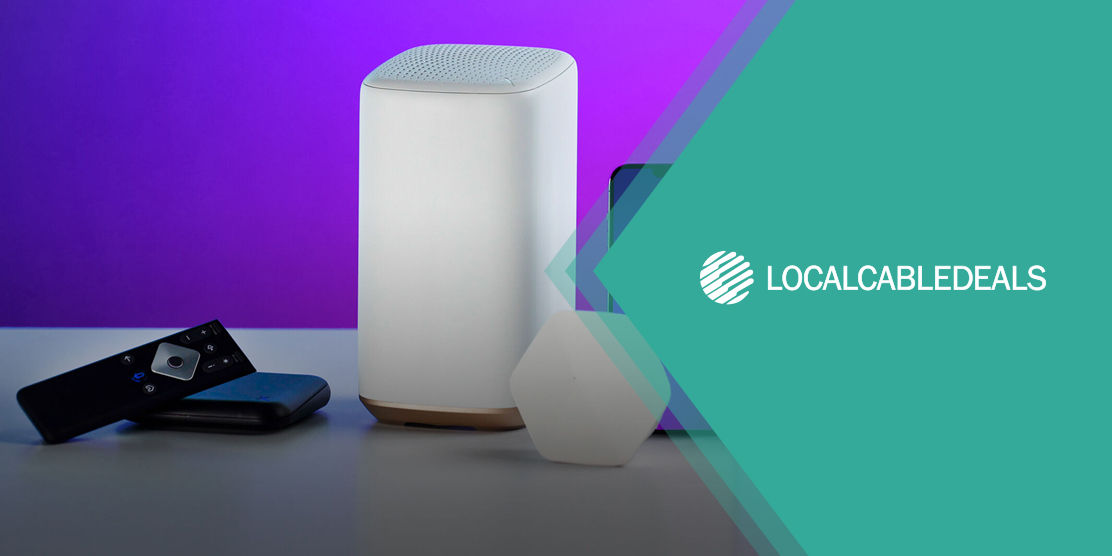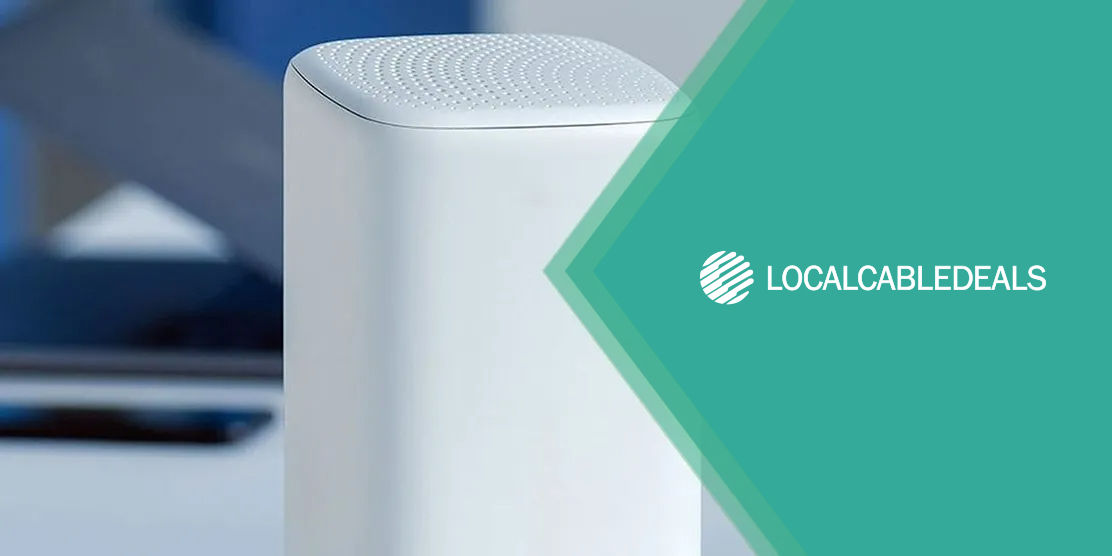While having a device for every need at home is convenient, you must also know that adding too many can slow down your internet connection. Yes, that’s your cue to reconsider the two smart TVs you added to your cart.
I’m saying this because every connected device competes for bandwidth, which can seriously affect your internet speed. It’s like sharing a sandwich with 5 people; everyone gets a small bite.
But don’t you worry. In this blog, I’ll break down the science behind this and share practical tips to help you manage your devices while keeping your connection fast and stable. Let’s get into it.
What Kinds of Devices Use the Most Bandwidth?
One important thing to keep in mind is that not all devices consume the same amount of bandwidth. Some eat up a lot of it, while others use a little. Here is a breakdown of the common devices and their estimated bandwidth consumption:
| Device | Estimated Bandwidth Usage |
|---|---|
| Laptop/Smartphone | 1-4 Mbps |
| Gaming Console | 25-50+ Mbps |
| Smart Assistant | 1-2 Mbps |
| Smart Speaker | 1-3 Mbps |
| Smart Lights | 2-5 Mbps |
| Smart TV (4K) | 15-25 Mbps |
| Smart Thermostat | 1-2 Mbps |
| Security Cameras (SD) | 2-5 Mbps |
I understand this table can feel a bit intimidating, especially for those who regularly use many of these devices.
So, let me explain its importance with a real-life example from my own experience.
I live in a smart house with my parents and two siblings. All five of us are tech-savvy and always researching the latest equipment on the market. Our aim has been to make our house secure and up-to-date.
We use almost all the devices mentioned in the table above. At first, we had just a handful of devices and a good internet connection that comfortably handled our online needs.
Over time, we kept adding more gadgets, but forgot the most crucial thing, which was upgrading our internet speed.
Then, one horrific day, our network got overwhelmed and crashed.
Lesson Learned: If we had created a table like this before, calculated the combined bandwidth usage of our devices, and compared it to our internet speed, we could’ve saved ourselves a lot of trouble.
How Many Devices Can Your Internet Handle?
After going through the example shared above, you’ve probably realized how important it is for your internet speed to support the combined bandwidth of all your connected devices.
So, before adding more gadgets to your network, ask yourself: ‘Is my current speed enough to handle them all?’
To make this easier, here’s a table that shows different internet speeds and the estimated number of devices they can support:
| Internet Speed (Mbps) | Recommended Number of Devices |
|---|---|
| 25 Mbps | 1-2 |
| 100 Mbps | 3-5 |
| 200 Mbps | 5-8 |
| 300 Mbps | 10-15 |
| 500+ Mbps | 15+ |
Now that you know the recommended number of devices, your next task is to understand how these devices are being used. That’s because not all activities consume the same amount of bandwidth:
Streaming videos in HD or 4K on multiple devices = high bandwidth
General browsing, sending and receiving emails, using social media = low bandwidth
Playing games online and video conferencing = moderate to high bandwidth
Downloading large files and using cloud backups = high bandwidth
Tips to Manage Devices and Improve Speed
Don’t feel like getting rid of the extra devices?
No worries at all. The following tips will help you reduce network congestion while keeping your internet speed intact:
1- Disconnect the devices that you aren’t currently using. Doing so helps free up bandwidth for the gadgets that are actively in use. For example, if you’re streaming a movie on Netflix and planning a gaming session later at night, simply disconnect your gaming console to enjoy a smoother movie experience.
2- Switch on the Quality of Service (QoS) feature to let your router prioritize bandwidth for the online activities essential to you. For instance, if you’re a professional gamer, you can configure your router to give priority to your gaming console.
3- Schedule bandwidth-intensive tasks at different times to prevent network slowdowns. So, if a family member is using a lot of bandwidth in the afternoon, consider waiting until the evening to start your own heavy online activities.
Find the Right Plan Based on Your Device Usage
Managing the devices on your home network is one thing, but figuring out the total speed and bandwidth you actually need based on all those gadgets is a whole different story.
That’s where the Custom Plan Builder tool comes in. It acts as your assistant, recommending the best internet plans based on your specific usage and the number of devices.
It will ask you to select the:
- speed range that fits your online needs
- overall estimated budget
- common online activities you engage in
- all the devices you have at home
It will also give you the option to choose whether you want unlimited data and if you’d like to bundle your internet with other services.
Once you’ve selected all your preferences, you will be asked to enter your area’s zip code. As soon as you press the ‘Find’ button, you will be shown all the internet plans available based on your needs and location.
Try the Custom Plan Builder yourself to find the ideal internet plan for your connected devices and online needs.
You now finally have everything you need to run your internet connection smoothly: the right number of connected devices and the perfect internet plan to support your usage and online activities.
Good luck and enjoy an uninterrupted, stable online experience!
Frequently Asked Questions
Is 300 Mbps good for 2 people?
Yes, 300 Mbps is a good speed for two people who generally use the internet for web browsing, high-quality video streaming, online gaming, downloading large files, etc. However, if they are heavy internet users who work from home, attend video calls, and run multiple devices simultaneously, they might need a higher speed for a smooth online experience.
How do you tell if your router is overloaded?
Here are the signs that indicate your router is overloaded:
- Slower internet speeds
- Sluggish load times
- An unstable connection
- Frequent reboots
Why is my internet so slow?
Your connection might be slow because of the following reasons:
- Network congestion
- Outdated internet equipment
- Too many connected devices
- Background applications
- Malware or viruses
- Faulty cables



